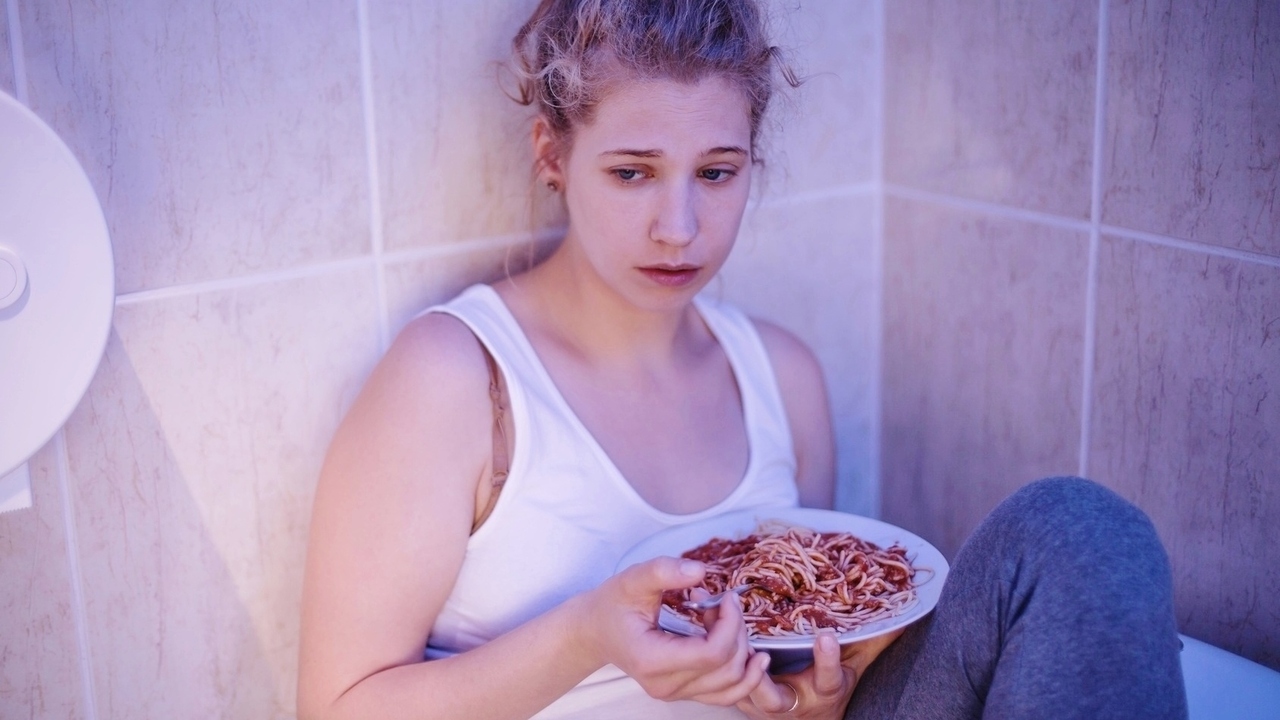
Compulsive overeating and binge eating are most often discussed as if they were identical. However, Dr. Carolyn Ross M. D., M. P. H., explained on Empowher.com that compulsive eating is different from binge eating.
Dr Ross adds that “[Compulsive overeaters] may overeat at every meal, but they may not have this characteristic of eating a large quantity food in one setting.” And they also do not share the binge eaters feelings of shame and guilt.
The U. S. Department of Human Services website lists five symptoms of binge eating:
· Eat much more quickly than usual during binge episodes
· Eat until they are uncomfortably full
· Eat large amounts of food even when they are not really
hungry
· Eat alone because they are embarrassed about the amount of food they eat
· Feel disgusted, sad, or guilty after overeating
It’s one thing to know the differences between compulsive overeating and binge eating. Yet it is quite another to know the reasons that compel the compulsive or binge eater to put their health and even their lives at risk to fill themselves with so much food.
Some say, binge or compulsive overeaters try to fill a void from a long past-emotional trauma that wasn’t dealt with. Others say, it’s an obsession to food, pure and simple. Others might say, it’s genetics. But whatever it is, we know it is complicated condition, and women who find themselves with these disorders must not ignore them or “just live with it.” There is help. But no quick fixes here. Judy Lightstone, a licensed Family, and Child Counselor, describes the eating disordered woman’s typical first visit to her office on edreferral.com.
Lightstone said, “…I listen to them carefully as they describe their eating in detail to me…. You [her patient] may have a lot to say, or you may be so nervous that you don't know what say. Trust is a key issue….” This counselor doesn’t weigh, prescribe diets or diet pills to her patients, but together they may decide to incorporate, Ms. Lightstone said, “journal, art, or movement work…” into the treatment.
It may not be a quick fix, but this type of therapy may delve deep enough to get at the buried core issues that trouble the compulsive or binge eater. Hard work, yes. But it’s work that could lead to a healthy life free from guilt, shame and a host of deadly diseases.
This is the National Eating Disorders Association’s help line number if you’re in trouble or if you just need more information: 800-931-2237.
https://www.empowher.com/media/video/video-dr-ross-binge-eating-disorder-and-compulsive-overeating-whats-difference http://win.niddk.nih.gov/publications/binge.htm#whatcauses
http://www.edreferral.com/compulsive_overeating.htm




Add a Comment1 Comments
Overeating is most cases a (bad) habit. The difficult part is that the bad habits are unwanted automatic behavior patterns that we do not want to do but for some reason cannot stop it either.
Trying to change bad habits is extremely challenging and requires patience and persistence. For some people seem quit impossible. You’re somehow engaged in your bad habits and because of this it is very difficult to stop your bad habits behavior.
Did you try any possible approach but it didn’t help? Do you want to get rid of your overeating habit for always? The good news is that there is an easy and quick pro-found way to break the overeating habit behavior. Use the following product and surprise yourself and your environment with the great results.
June 6, 2011 - 10:48amhttp://www.hypnopardis.com/nlp/default/download-hypnosis/weight-loss-hypnosis.html
This Comment